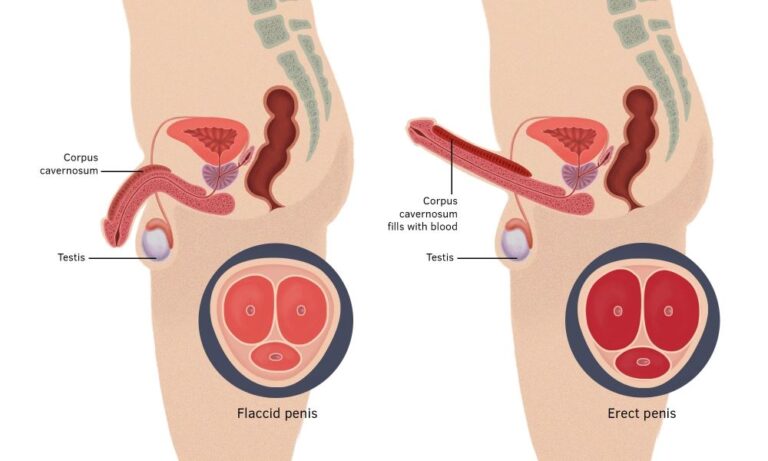
Common physical signs of low testosterone often develop gradually. Men may experience shifts in body composition, such as an increase in body fat and a decrease in muscle mass, even with consistent exercise routines. Additional physical changes may include lower bone density, hair thinning, and longer recovery times after physical activities. These alterations have a noticeable effect on daily life and overall health.
Energy fluctuations
A noticeable decline in energy levels often signals potential testosterone deficiency. Men might experience persistent fatigue, reduced stamina during workouts, and difficulty maintaining energy throughout the day. This constant tiredness affects work performance, exercise routines, and daily activities, creating a cycle of decreased physical activity and further health complications.
Mental clarity issues
Cognitive changes frequently accompany low testosterone levels. Men might experience difficulty concentrating, memory problems, and reduced mental sharpness. Mental health, decision-making abilities, and work performance are negatively affected. Many men report feeling mentally foggy or unable to focus on tasks that previously came easily.
Mood alterations
Emotional changes often manifest with declining testosterone levels. Common mood-related symptoms include:
- Increased irritability
- Unexplained anxiety
- Depression symptoms
- Reduced motivation
These emotional shifts can strain relationships and impact quality of life significantly.
Sleep disturbances

Low testosterone significantly affects sleep patterns. Men might experience insomnia, restless sleep, or increased fatigue despite adequate rest. Poor sleep quality creates a cycle that further impacts hormone production and overall health, making proper diagnosis and treatment essential.
Cardiovascular signs
Testosterone plays a role in cardiovascular health. Men with low levels might notice:
- Reduced exercise endurance
- Increased blood pressure
- Changes in cholesterol levels
- Poor circulation
Regular monitoring helps identify these changes early.
Metabolic indicators
Low testosterone affects metabolic function, leading to:
- Insulin resistance
- Increased belly fat
- Difficulty losing weight
- Changes in appetite
Understanding these connections helps identify potential hormone imbalances.
Treatment considerations
Recognizing these signs early allows for more effective treatment outcomes. Professional medical evaluation helps determine if symptoms truly indicate low testosterone and what treatment options might work best. Regular monitoring and adjustments ensure optimal results. Understanding these signs helps men identify potential testosterone deficiency early, leading to better treatment outcomes. It’s important to note that these symptoms also indicate other health conditions, making professional medical evaluation essential.
Many men experience a combination of these symptoms, with TRT Canada offering positive solutions tailored to individual needs, as presentations vary significantly. Regular health check-ups help monitor testosterone levels and other important health markers. This proactive approach allows for early intervention, potentially preventing more severe symptoms from developing.
Working with healthcare professionals who specialize in men’s health and hormone optimization ensures comprehensive care. They develop personalized treatment plans that address both symptoms and underlying causes of low testosterone. Early recognition and treatment of low testosterone significantly improve quality of life. Understanding these signs helps men take proactive steps toward better health and well-being through appropriate medical intervention when needed.







